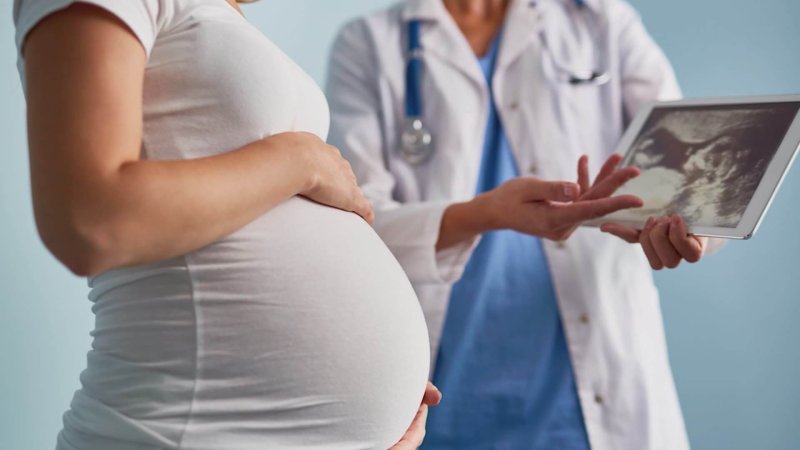In two studies published [October 19] in Science Translational Medicine, the Boston-based research teams found that pregnant and lactating women mount robust antibody responses to both vaccination and infection.
The encouraging data also came with some twists that offer intriguing new clues to one of the pandemic’s enduring mysteries: why Covid-19 hits male adults, children, and infants harder than females.
“What’s striking here is that the mothers who are carrying male babies have much lower levels of antibodies to the coronavirus,” said Akiko Iwasaki, a virologist and immunologist at Yale University who was not involved in the study. “What’s interesting about that is it means that the sex of the baby can dictate how the mother responds to a viral infection.”
The researchers found that in response to Covid infection, male placentas switched on more pro-inflammatory immune activation genes than placentas supporting female fetuses.
“The mechanism must be very different, but this is all sort of consistent with what we found in adults,” said Iwasaki. “So this may be a sort of male-intrinsic response to the virus.”































